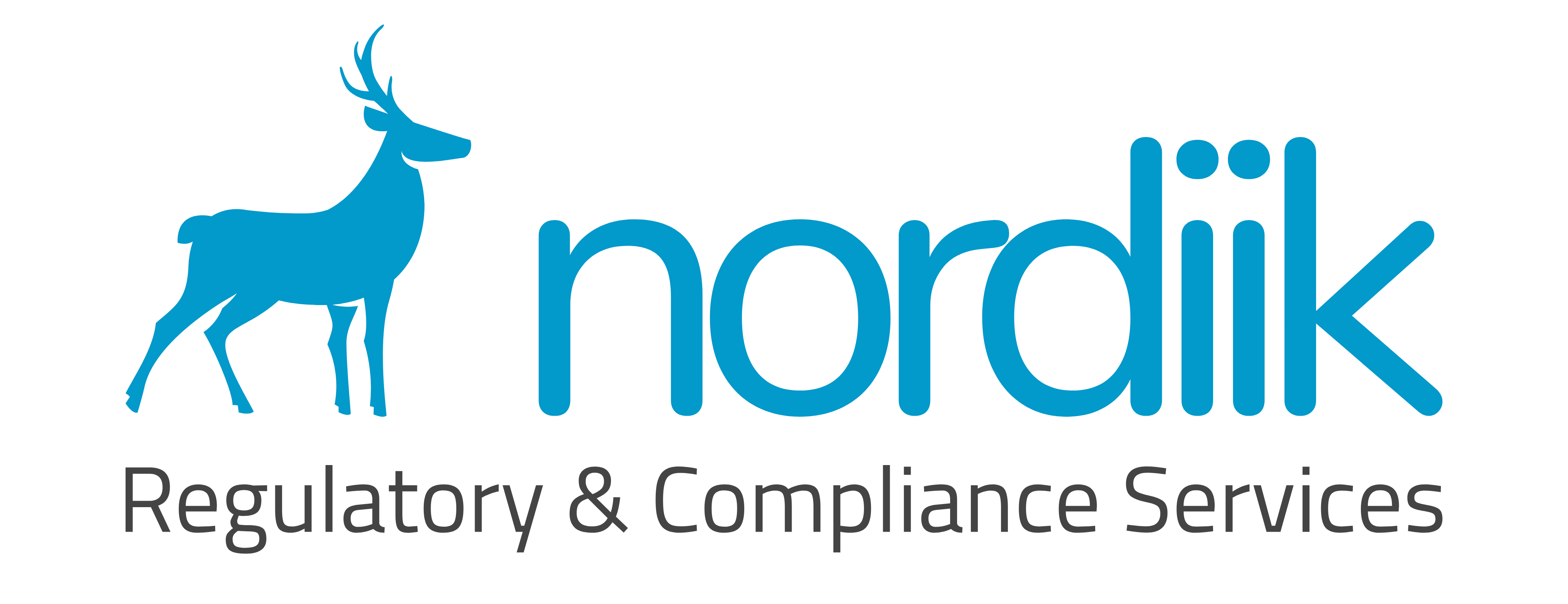Brazil PL 6120/2019 approves new chemical regulation law: A step towards REACH
Brazil has recently approved Bill Brazil PL 6120/2019, which establishes a National Inventory of Chemical Substances. This groundbreaking legislation aims to mitigate the harmful effects of toxic chemicals on human health and the environment. The new regulation aligns Brazil with the European Union’s REACH regulation, renowned for its stringent standards.
That inventory will create public bodies to ensure compliance, bringing Brazil closer to the EU’s approach to chemical regulation. The EU’s REACH regulation, implemented in 2006, has been instrumental in identifying numerous hazardous chemicals and classifying hundreds as Substances of Very High Concern (SVHC).
While industry supports the principles of REACH, the increased costs associated with compliance have placed a burden on small and medium-sized enterprises (SMEs). This is particularly challenging for Brazilian businesses compared to their counterparts in regions like China or the United States.
While REACH effectively prevents many toxic chemicals from entering the EU, these substances can still be used in the manufacturing of goods produced in other jurisdictions and subsequently imported into the EU.
Abiquim, the trade association representing Brazil’s chemical producers, has welcomed the Senate’s approval of the regulation and the establishment of a chemical substance registry. The bill, known as PL 6120/2019, now awaits presidential sanction before coming into force.
The inventory will set standards for assessing and controlling the risks posed by substances used in Brazil. This will involve expert committees and the establishment of criteria for the manufacture, import, and use of chemical components. New bodies, such as the Technical Committee for the Evaluation of Chemical Substances and the Deliberative Committee on Chemical Substances, will be created to oversee these processes.
The Registry of Chemical Substances will form the inventory and provide a publicly accessible database on substances imported or produced in Brazil. Manufacturers and importers of chemical substances will be required to submit information to the registry. Non-compliance will result in penalties.
However, the regulation will not apply to certain substances deemed of national interest, such as radioactive substances or those used for national defense. Additionally, it will not apply to products subject to specific legislation, including food, medicines, pesticides, cosmetics, fertilizers, and veterinary products.
For new substances requiring novel studies in Brazil, the bill guarantees intellectual property rights for up to ten years. Other provisions include criteria for the evaluation of substances by expert committees, restrictions on animal testing, and the establishment of a registration fee.
The bill’s report outlines that registrations must include specific details such as:
- Identifying information of manufacturers and importers
- Annual production and import quantities
- Exact identification of chemicals, including names and CAS numbers
- Hazard classifications according to the Globally Harmonized System (GHS) and Brazilian regulations
- Recommended uses of chemical substances
Large chemical companies in Brazil, expressed enthusiasm for the bill, highlighting its benefits for competitiveness, innovation, and economic growth. The association believes that the new regulatory framework will provide greater clarity, transparency, and long-term predictability for the chemical industry, enabling informed investment decisions.
Abiquim also noted that studies have supported the implementation of a stringent chemical registry, as official control, in collaboration with companies, has helped reduce the negative impacts of chemicals on human health and the environment.
While the EU’s REACH regulation served as a primary inspiration for Brazil’s PL 6120/2019, the Brazilian legislation also draws on experiences from other jurisdictions.
Abiquim identified several jurisdictions that have implemented or are developing similar regulatory frameworks, including the United States, the European Union, Australia, New Zealand, Japan, South Korea, China, Switzerland, the United Kingdom, Turkey, Canada, Costa Rica, Ecuador, Chile, and Colombia.
The Association acknowledged the efforts of parliamentarians who advocated for the approval of these regulations, recognizing the need for science-based regulation and the prioritization of human health and the environment.
Need support to comply with chemical regulations? Nordiik can help! Contact us!
Source: Brazilian Senate









